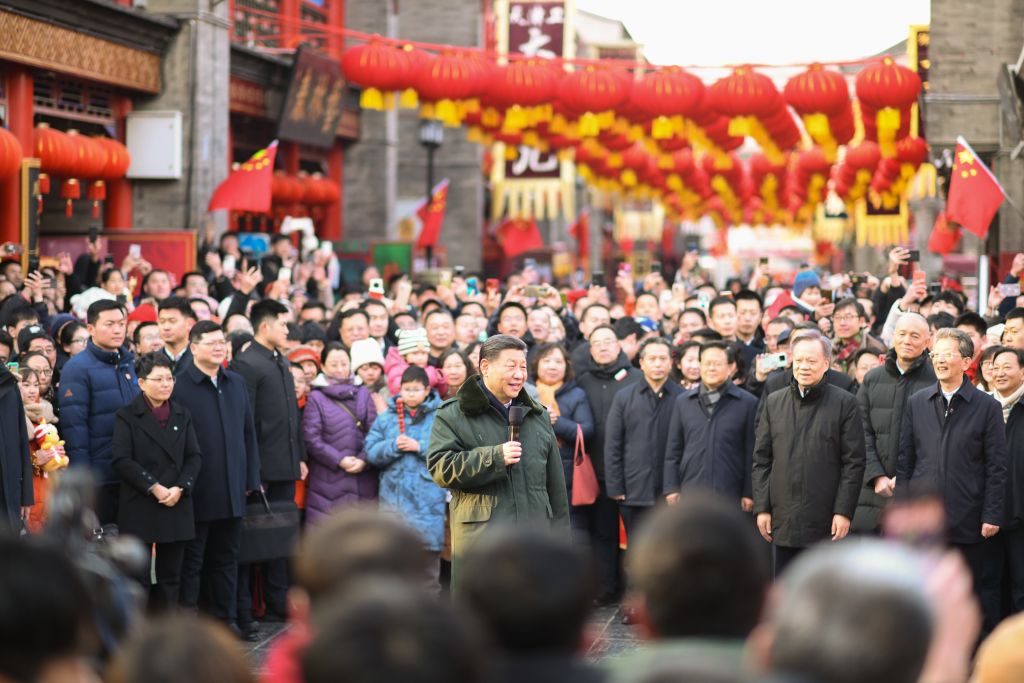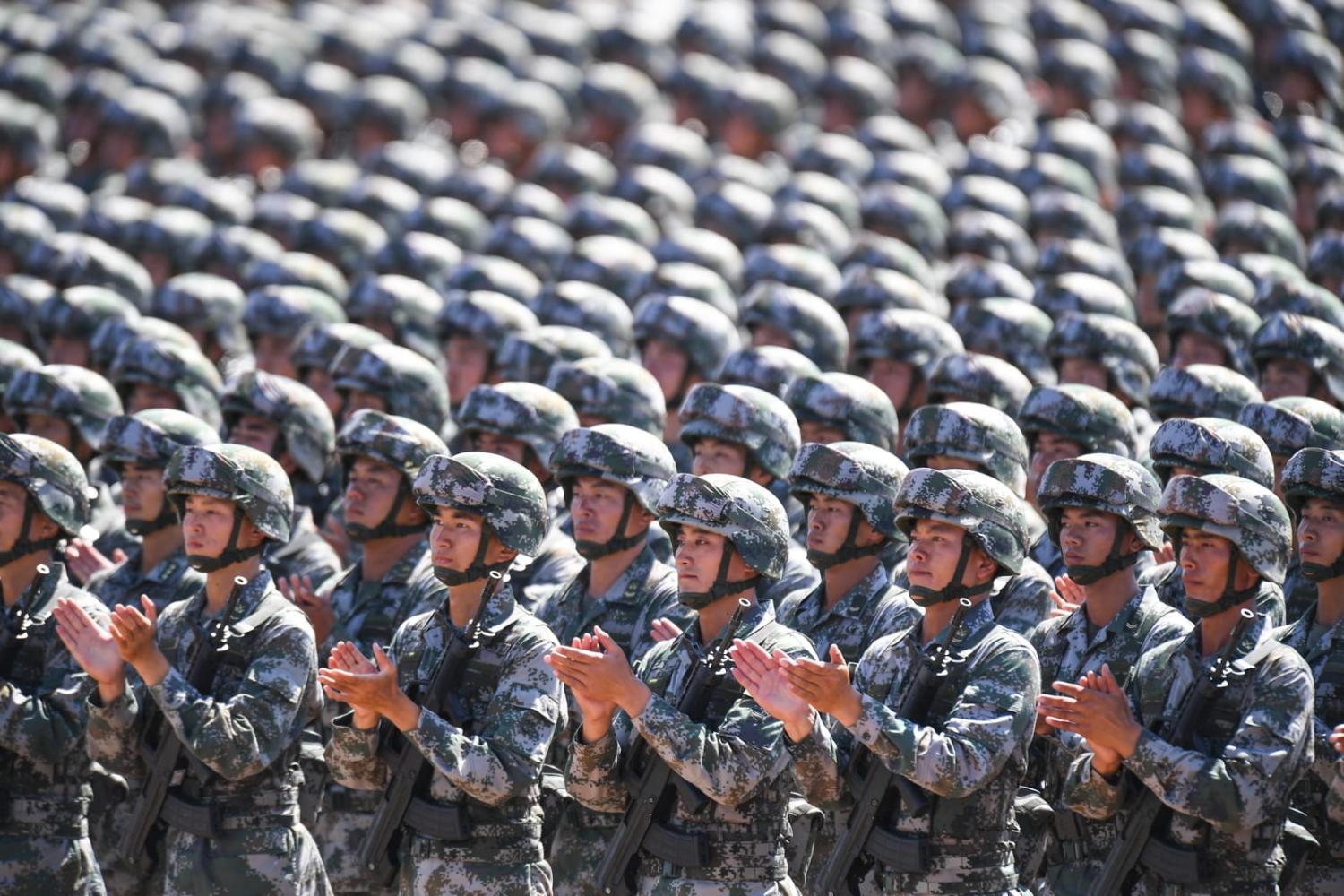Is a Chinese move on Taiwan the world’s next big crisis? What is the probability that the People’s Republic of China will seek to forcibly “reunify” Taiwan in the next few years?
Informed opinion on this question is split. According to an authoritative CSIS survey in September 2022, only ten per cent of leading experts believed a Chinese invasion was “probable” this decade. Taiwan’s people also are not particularly alarmed. In contrast, some US military leaders, such as Admiral (ret.) Charles Richard or General Mike Minihan, commander of Air Mobility Command, have made statements indicating they believe an invasion is nearly inevitable in the foreseeable future. Similarly, popular commentators have increasingly emphasised the prospects of war.
Those who are not unduly alarmed by the prospect of invasion this decade see more continuity than change in the PRC’s behaviour. Taiwan has been threatened for 70 years, and Beijing has been committed to a policy of “peaceful unification” for the past two generations. Recent crises are so much froth on the sea, and nothing fundamentally new, according to this line of thinking.
In contrast, those who see the probability of invasion as high this decade point to two variables of discontinuity: China’s growing power and Xi Jinping’s leadership. In the past, China was not fully capable of invading; soon it will be. Furthermore, Xi’s personal interest in the Taiwan issue, and psychological need to establish his own legacy, according to this line of thinking, are creating a period of max risk.
Which line of thought is right?
This question can only be answered if we understand why Beijing has not tried to invade Taiwan to now. Since the 1950s, Taiwan’s de facto autonomy has been protected by a combination of constraints and restraints. Constraints are externally imposed bindings on an actor’s behaviour. Restraints, in contrast, are internally constituted incentives not to use force.
From the 1950s until the very early 2000s, PRC military action was constrained by some combination of the following: a dedicated US naval force (the Taiwan Strait Patrol), a mutual defence treaty, US nuclear deterrence, US naval domination of the global commons, and Taiwanese air superiority. At the same time, from the 1980s until the 2010s, the PRC was also restrained by positive trade expectations with Taiwan and the United States, reputational concerns, and Taiwan’s so-called “Silicon Shield”, which created significant economic incentives to keep the global value chains working, so everyone could benefit. Put simply, Beijing has not tried to invade Taiwan so far both because it could not and because it did not want to (all things considered).
Is Beijing constrained and restrained today? This is the right question to ask to assess the probability of war this decade. Unlike speculating on Xi’s motivations or psychology, a common approach for popular commentators, this question can be answered in a falsifiable manner. And unlike just asserting “continuity”, as many experts do, this question allows analysts to better perceive discontinuities.

Only three partial constraints bind the PRC today: Taiwan’s limited ability to defend itself, the possibility of a US military intervention, and the certainty of economic sanctions. Since 1950, there have never been so few and partial constraints on the PRC. What of restraints? The fundamental bet the Chinese Communist Party has made for the past 40 years is that time is on Beijing’s side. With time, growing economic, political, and cultural power was supposed to make unification with the mainland increasingly irresistible and unstoppable. The expectation that time would solve all problems created incentives for restraint in the short to medium terms.
Today, the trajectory of Taiwan’s politics is away from the mainland, something seen in Taiwan’s re-election of the current ruling party. China’s economic growth has plateaued. As US export controls turn Taiwan into a Western bastion instead of a critical supplier to the PRC, the Silicon Shield is being eroded. The “one China” discursive framework has decayed. And the military balance of power no longer is guaranteed to be auspicious to Beijing in the long term but is increasingly favourable this decade. The reasons to act with restraint are disappearing.
Weak constraints and disappearing restraints mean a Chinese invasion is probable – but not inevitable – this decade. The risk of war can be reduced in proportion to the extent key players choose to strengthen constraints, which will require relentless prioritisation, and reinvigorate failing restraints, which will require political wisdom. If constraints and restraints can be renewed, China’s intent to “realise reunification” may be deferred to the more distant future.
The views expressed are those of the author alone, and not necessarily those of the US Air Force, Department of Defence, or US government.

